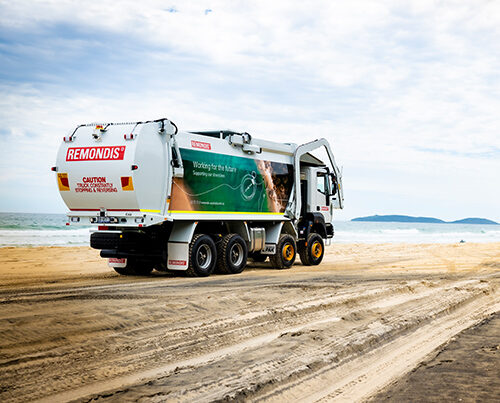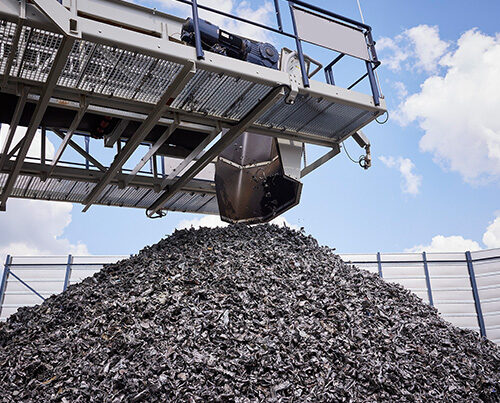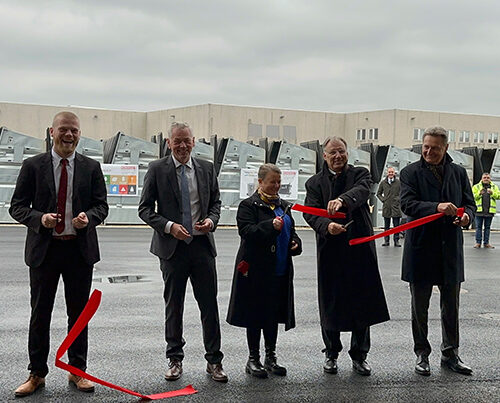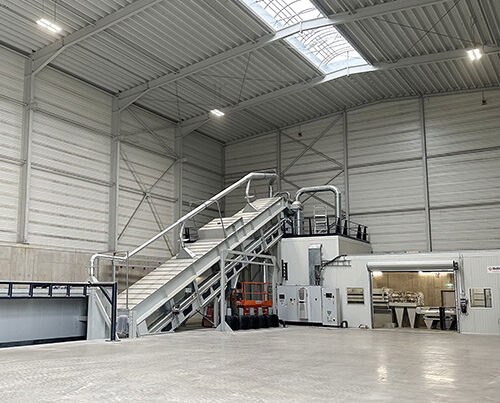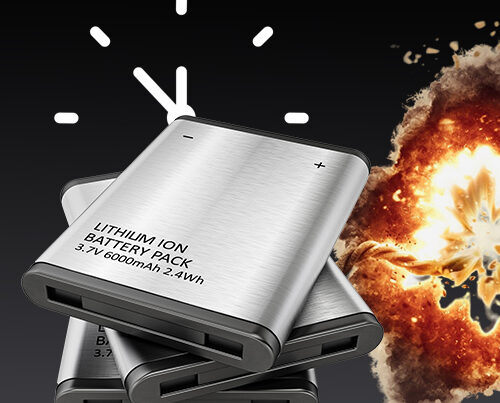New opportunities for the circular economy
One of the decisions that REMONDIS has made this year has been to invest in the firm, Westphalia DataLab (WDL). This is the first time that the recycling company has become part of a start-up business that focuses on data science and AI. In a recent interview, Ludger Rethmann, REMONDIS Board Chairman, explained how this decision was reached and what opportunities it will open up for the whole of the circular economy.
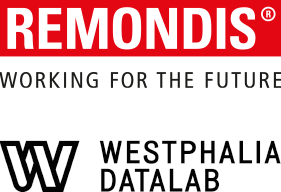
Mr Rethmann, it’s fairly unusual for REMONDIS to invest in start-ups. What goal are you pursuing by investing in Westphalia DataLab and, in particular, in the fields of AI and data science?
Ludger Rethmann: By investing in the business, we’re hoping to set an example und underline just how much we believe in Westphalia DataLab’s business model. Both the smart analysis of data and the value of data in general are still vastly underrated today, particularly in our sector. Another goal here is, of course, to work with Westphalia DataLab and use the data that is available to benefit our Group. What’s more, we want to strengthen our IT in Münster by involving an IT firm that will treat and analyse our company’s wealth of information confidentially so that our processes can become smarter and more efficient.
How do you think smart, technological tools can improve REMONDIS’ services?
Ludger Rethmann: There’s most definitely a great deal of potential in our industry to use IT to further improve processes, products and services. There is a whole host of opportunities right along the supply chain – starting with refuse collection, to sorting waste, all the way through to the actual recycling processes. Naturally, the first link in our service chain starts on the roads. Using artificial intelligence to improve waste collection routes will not only make our work more efficient but also more environmentally friendly. Another very important subject here is how well waste is segregated. There is a general rule that applies here: namely, that the better the waste materials are separated from each other at source, the higher the quality of the recycled raw materials will be. Recognising outthrow material in waste, therefore, also plays a major role here. With the help of cutting-edge image recognition technology and deep learning algorithms, it is possible to identify, select and remove prohibitive materials – and this makes the whole process fully automated. AI could lead to lower processing costs and genuinely help to preserve natural resources as it would hugely improve the recyclability of the waste streams. What’s more, I believe this technology can really benefit our municipal customers. Water supply and wastewater treatment companies are currently having to deal with the impact of heavy rain and droughts on their operations. AI enables more exact weather forecasts to be drawn up, which means pumping stations can be utilised more effectively and are better protected against wear and tear.
“Both the smart analysis of data and the value of data in general are still vastly underrated today, particularly in our sector.”
Ludger Rethmann, REMONDIS Board Chairman
This investment is also of great significance for WDL with REMONDIS being the largest recycling firm in Germany. How did this collaboration come about?
Ludger Rethmann: The whole subject of big data is certainly one that many traditional, conservative-leaning, family-run companies are approaching with caution. And most definitely Westphalian family-owned firms like REMONDIS. With our guidelines in mind and with us pursuing our objective to continue to be Germany’s largest recycling, service and water company in the future as well, we decided to look for a partner working in this field. WDL, with its down-to-earth and friendly manner, convinced us of the importance of this sometimes complex subject and was accepted and appreciated by those working at our firm within a very short period of time. Despite being far removed from the REMONDIS Group’s actual operations, they have succeeded in understanding what our industry is all about and presenting us with ideas that have genuinely increased the value of our products and services.
What is it about Westphalia DataLab that makes it so exciting?
Ludger Rethmann: WDL is able to grasp our processes really quickly and to show us where there is potential for improvement. It is amazing what comes to light when something is approached from a different angle and it makes sense here to have someone from the outside look at our company. We are very open-minded and are grateful to WDL for its feedback and ideas.
Have you got any concrete plans for Westphalia DataLab now that you are an investor in the company?
Ludger Rethmann: Working together with WDL and the other family-run business owners, we wish to establish a company on the market that offers know-how that – in the best case scenario – not only benefits the circular economy but many other industries as well. This is all about making the most of AI and data analysis to grow resource conservation and recycling. The two are not mutually exclusive – in fact, the very opposite is true.
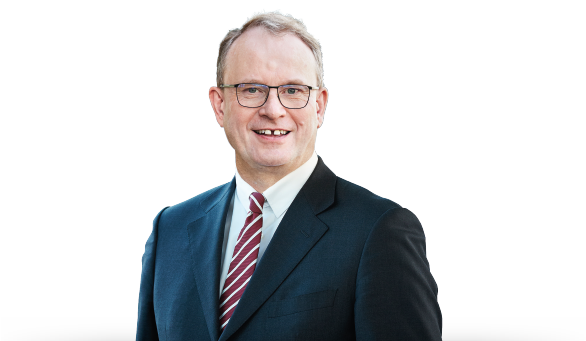
Ludger Rethmann, REMONDIS Board Chairman
Image credits: image 1: Adobe Stock: 317526654, creator: iuriimotov, image 2: © REMONDIS







